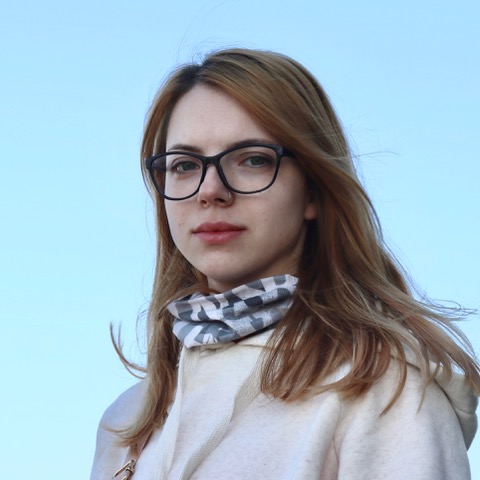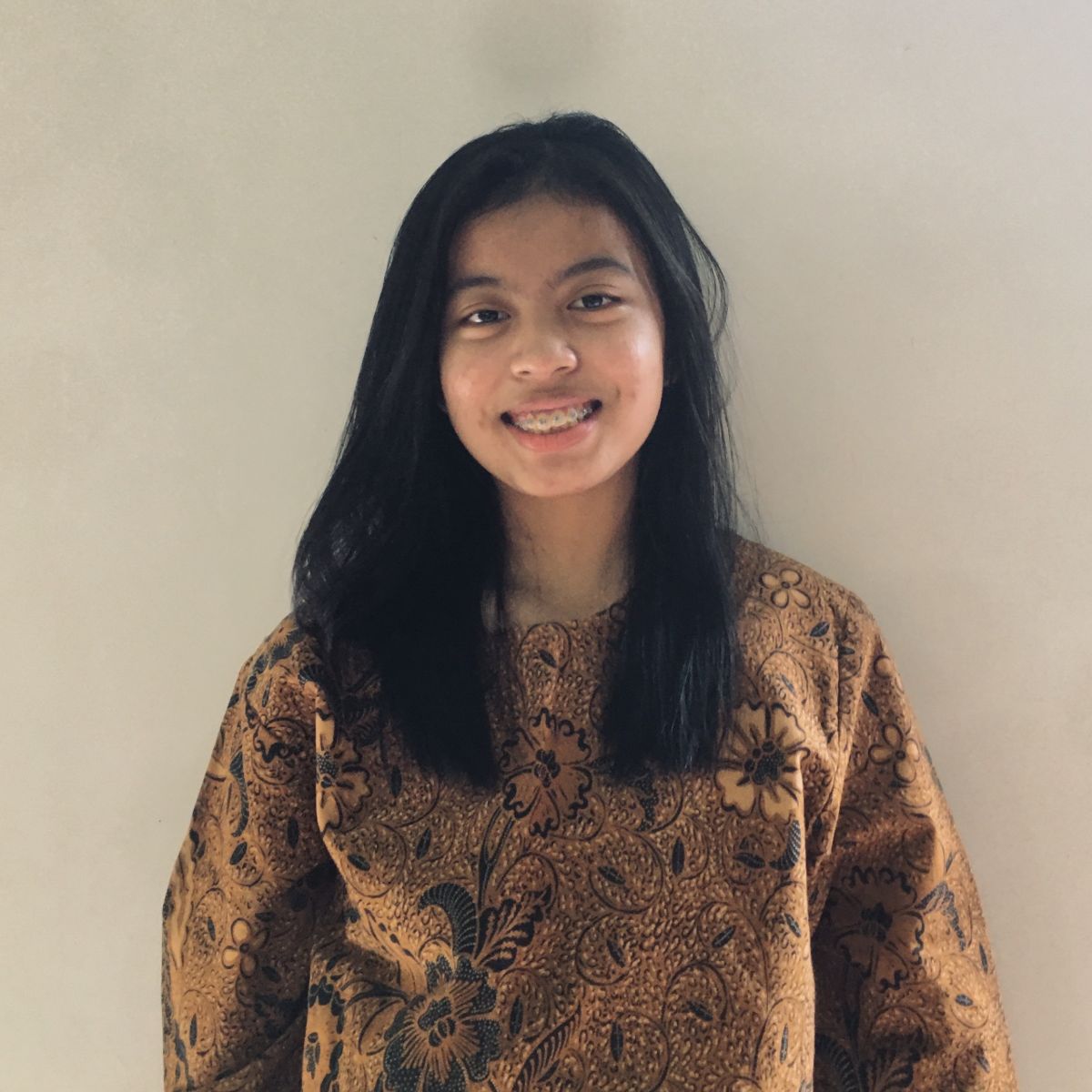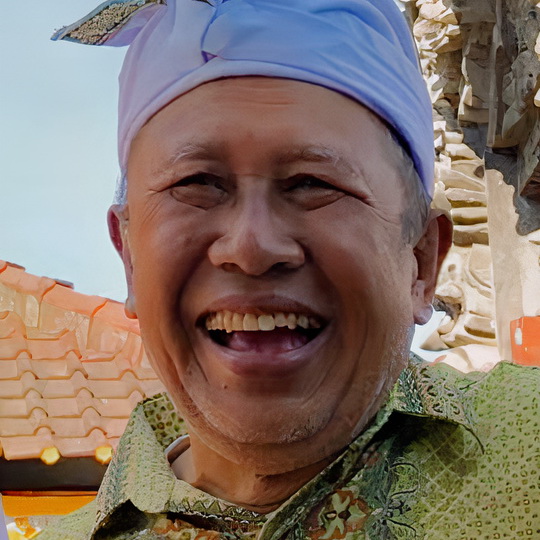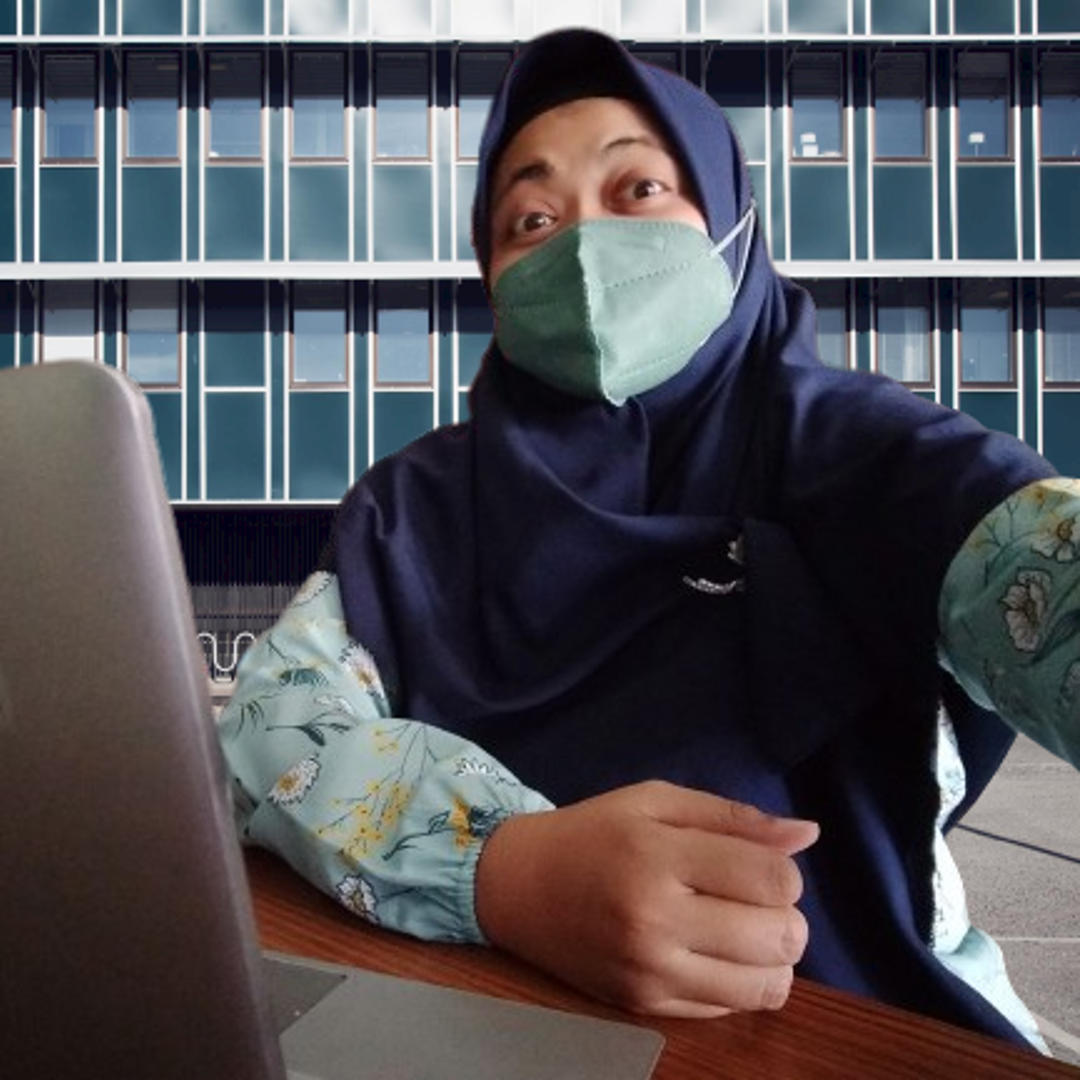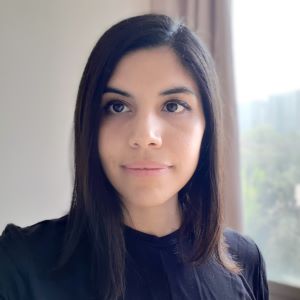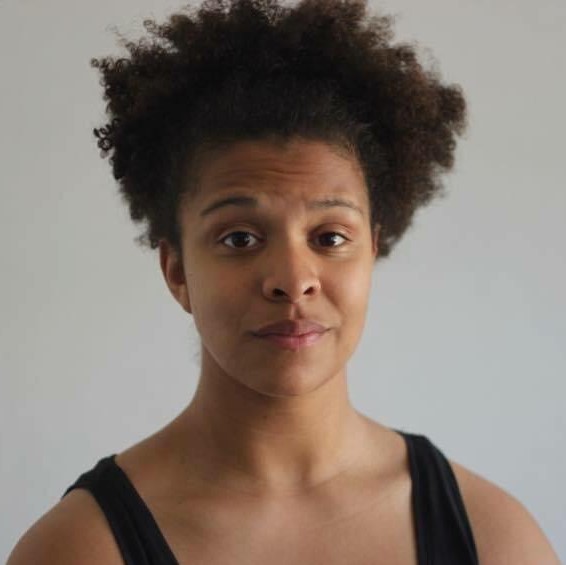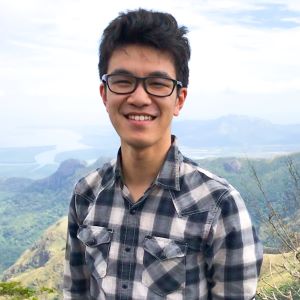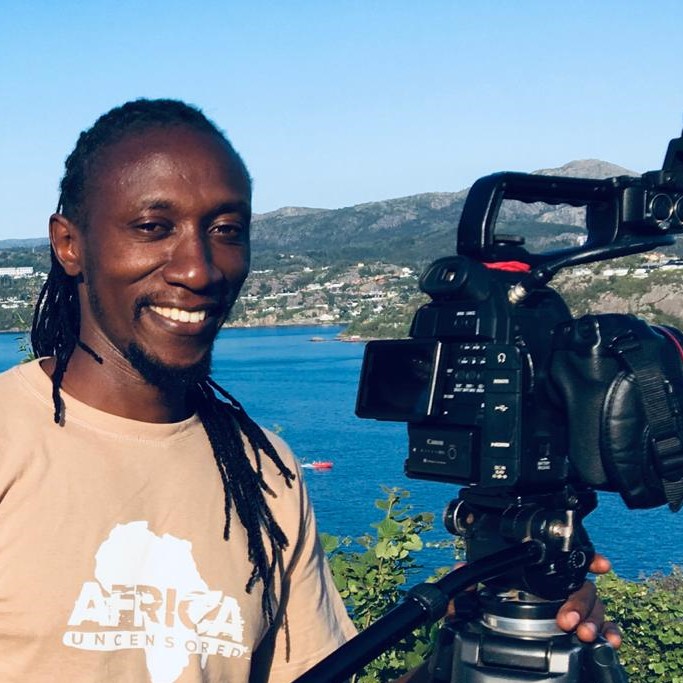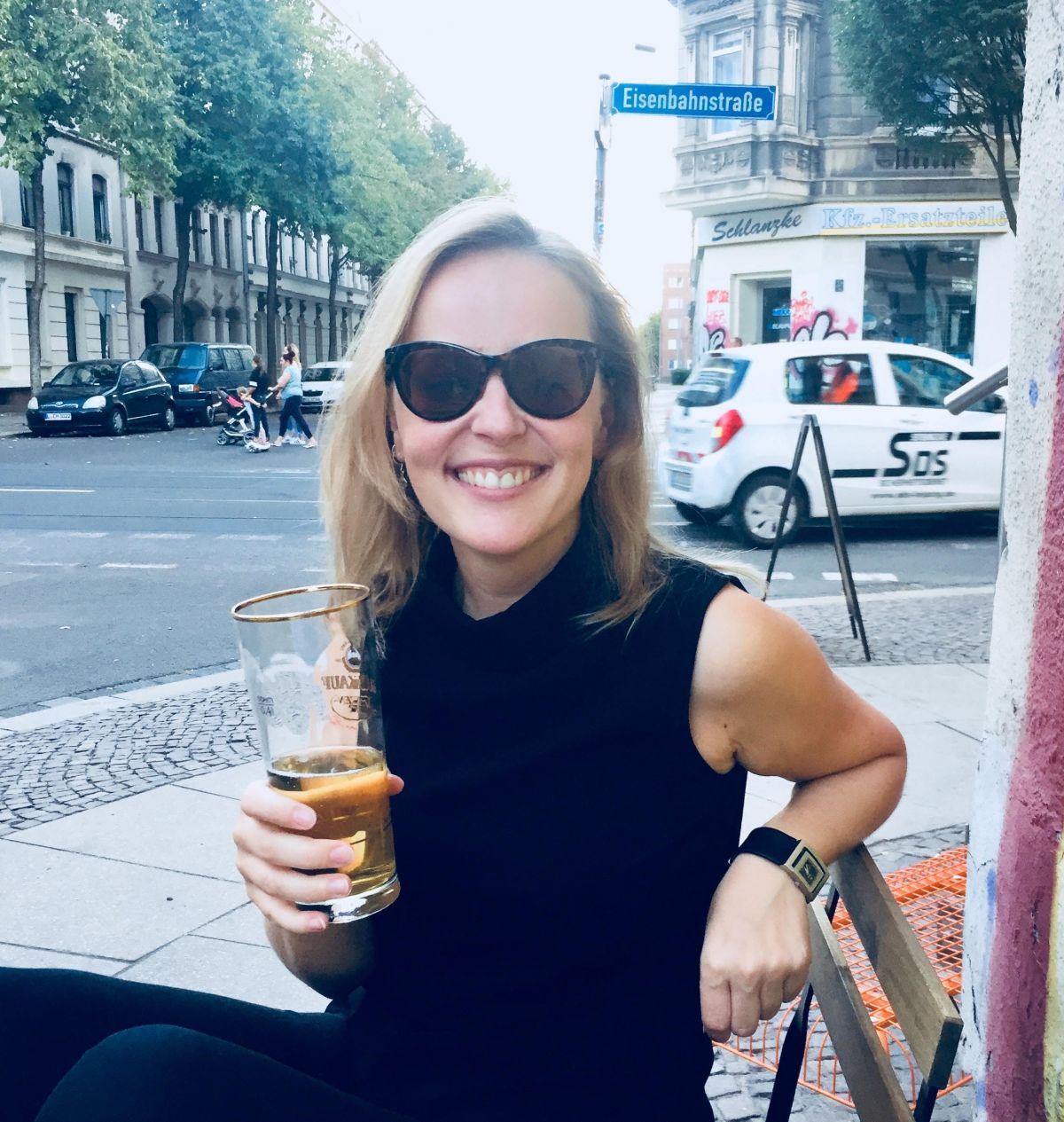The worst morning of my life
One fateful morning, Amelia woke up with the news that a war had broken out in her country. It would become the worst morning of her life and it hasn't ended yet for her.
Ukraine, Eastern Europe
Story by Amelia. Edited by Melaina Dyck
Published on March 6, 2022.
Reading time: 5 minutes
This story is also available in 





On the 24th of February, 2022, I was woken up by my husband’s words: “The war has started.” We turned on the news and we never turned it off. A few minutes later, we heard the sirens that warned of a possible bombshell attack.
It was the first day of the Russian invasion. The enemies dropped bombs on some cities in my home country of Ukraine. I live in the west. My city hasn’t been bombed yet. But we all live here in fear that sooner or later something will happen in our city too. We have seen on webcams, in pictures, on video how all we love is being destroyed and the many dead bodies of civilians. People who are fleeing from the most dangerous cities are telling horrifying stories. Women with small children were driving for 20 hours under the threat of being bombed with helicopters and military planes. That is just insane. Some of us still can’t believe it’s real. It seems like a nightmare but we can’t wake up.
I live fully dressed and near to my packed backpack with the most needed stuff in case there’s a siren and I need to run to the bomb shelter.
If you ask me, I will tell you that I live fully dressed and near to my packed backpack with the most needed stuff in case there is a siren and I need to run to the bomb shelter. Run, because at my place we don’t have a basement. I need to run along the street to the house near mine. For most people now, bomb shelters are the only hope to hide from danger. Some acquaintances from other countries dare to say, “don’t worry, it’s just politics” or “don’t worry, they won’t hurt civilians.” But I do worry. These phrases just make me insanely angry. Imagine you know a tank is heading to you and somebody’s saying “don’t worry, it won’t hurt you.” Watching how those bastards kill civilians, shoot at the emergency, rape and kill girls - it just doesn’t get to me: how can people be so cruel?! How can the EU say “never again” to the things that happened during the First and Second World Wars and do nothing to the same happening right now? In the middle of Europe. In the 21st century. I just don’t get it. Can’t.
It’s already the 9th day of the war. It feels like one long long day. I’ve been through all of my emotional spectra so far. I’ve been through denial, anger, depression and acceptance. I’m doing all I can to help myself mentally, to not have survivor’s guilt and to help people physically with everything in my power. I donate money for the army and to some specific people who then buy ammunition, medicine or food for our soldiers and necessary things for the refugees. My mother and me (when she’s not working in the hospital) would make military masking nets and my husband helps in packaging and transferring some necessary humanitarian help. But he has some health problems and can’t help more for now. If it wasn’t for that, I’m sure he would go to our territory's defence line. Currently, we are waiting for some foreign journalists who we will be hosting for a few days. If we see any messages asking for help and it is within our power, then we would help.
In my head, I went through thoughts about fleeing to the conclusion that it’s my land, it’s my home and no one can come here and tell me what to do. I’m free. No one can take that from me. The coat of arms of Ukraine is kind of a trident. When I was little my nana taught me how to draw it. She revealed that within the picture is hidden the Ukrainian word for freedom. It’s in our genetic code. That is why we have a saying “Freedom or death.”
Sometimes I feel small and scared and want to hide, but on the other hand, I’m enormously proud to be Ukrainian and to help my nation in the fight for freedom in all the ways I can.
How does this story make you feel?
Follow-up
Do you have any questions after reading this story? Do you want to follow-up on what you've just read? Get in touch with our team to learn more! Send an email to [email protected].
Talk about this Story
Please enable cookies to view the comments powered by Disqus.
Subscribe to our Monthly Newsletter
Stay up to date with new stories on Correspondents of the World by subscribing to our monthly newsletter:
Tags
Topic: Liberation
> Indonesia
Nurturing critical thinking for sociopolitical issues among youth in Indonesia
A story by Lamtiar Nababan
5 min
When public debate moved online during the pandemic, Lamtiar noticed how many people expressed extreme and disrespectful opinions. And while that’s nothing new, she had hoped that the younger generation would be better. Read more...
> Indonesia
The Balinese Genocide Through the Eyes of I Made Susantha Balian and his Granddaughter
A story by I Made Susantha Balian
10 min Long Read English Audio available
Veronica recently found out that her grandfather had witnessed a historical genocide in Bali, Indonesia, when he was a teenager. Her family encouraged her to interview him. This is his story. Read more...
> Indonesia
Celebrating Ahmadiyya: Love, Humanity, and the Challenge to Religious Freedom in Indonesia
A story by Rahma Roshadi
3 min
Rahma, raised in the Ahmadi Muslim community in Indonesia, shares her personal journey intertwined with the remarkable story of Ahmadiyya Jama’at. Discover her unique perspective on the organization's enduring commitment to love, humanity, and religious freedom in Indonesia, encapsulated by their motto, 'Love for all, hatred for none.' Read more...
Explore other Topics
Get involved
At Correspondents of the World, we want to contribute to a better understanding of one another in a world that seems to get smaller by the day - but somehow neglects to bring people closer together as well. We think that one of the most frequent reasons for misunderstanding and unnecessarily heated debates is that we don't really understand how each of us is affected differently by global issues.
Our aim is to change that with every personal story we share.
Community Worldwide
Correspondents of the World is not just this website, but also a great community of people from all over the world. While face-to-face meetings are difficult at the moment, our Facebook Community Group is THE place to be to meet other people invested in Correspondents of the World. We are currently running a series of online-tea talks to get to know each other better.











